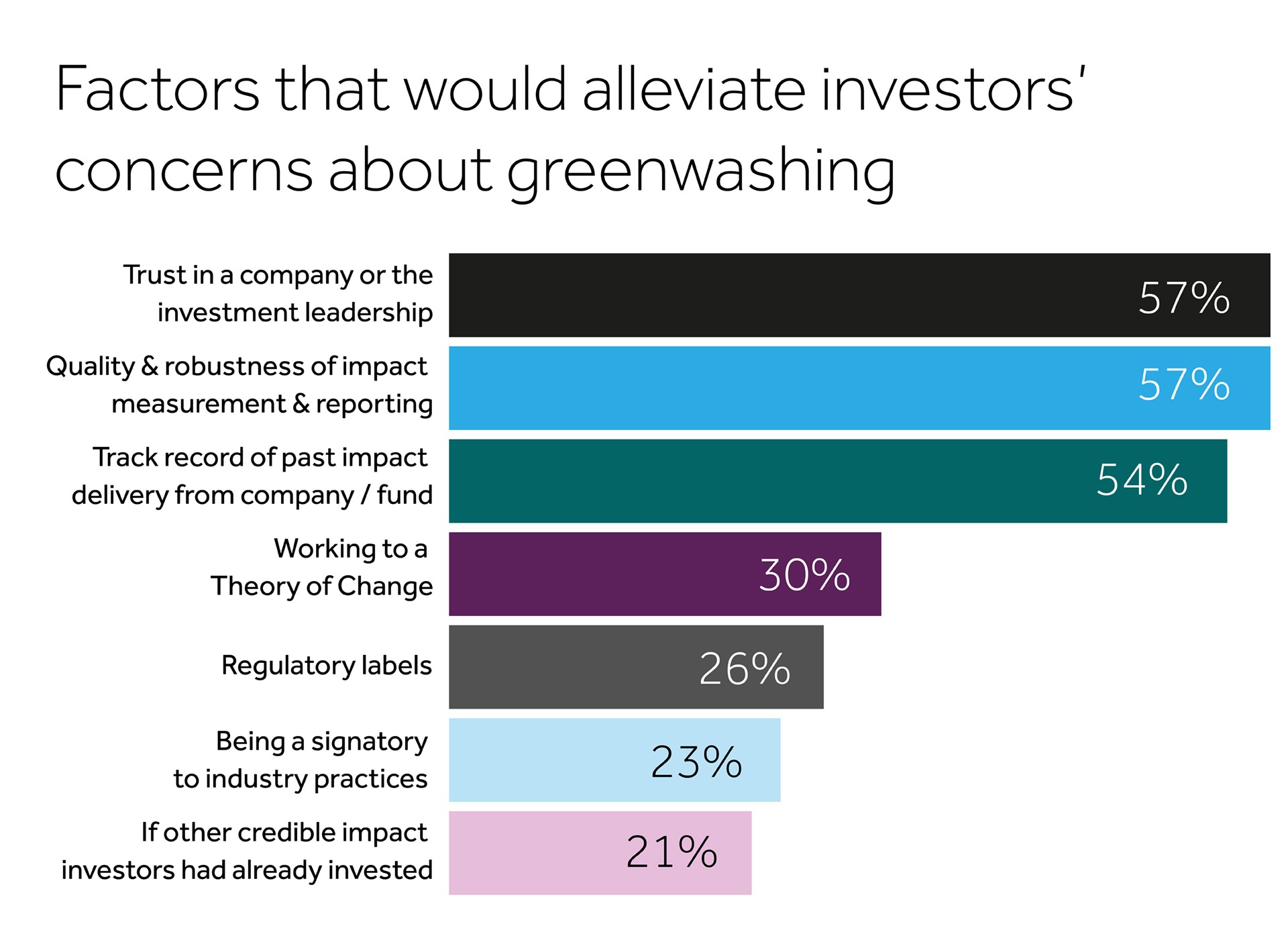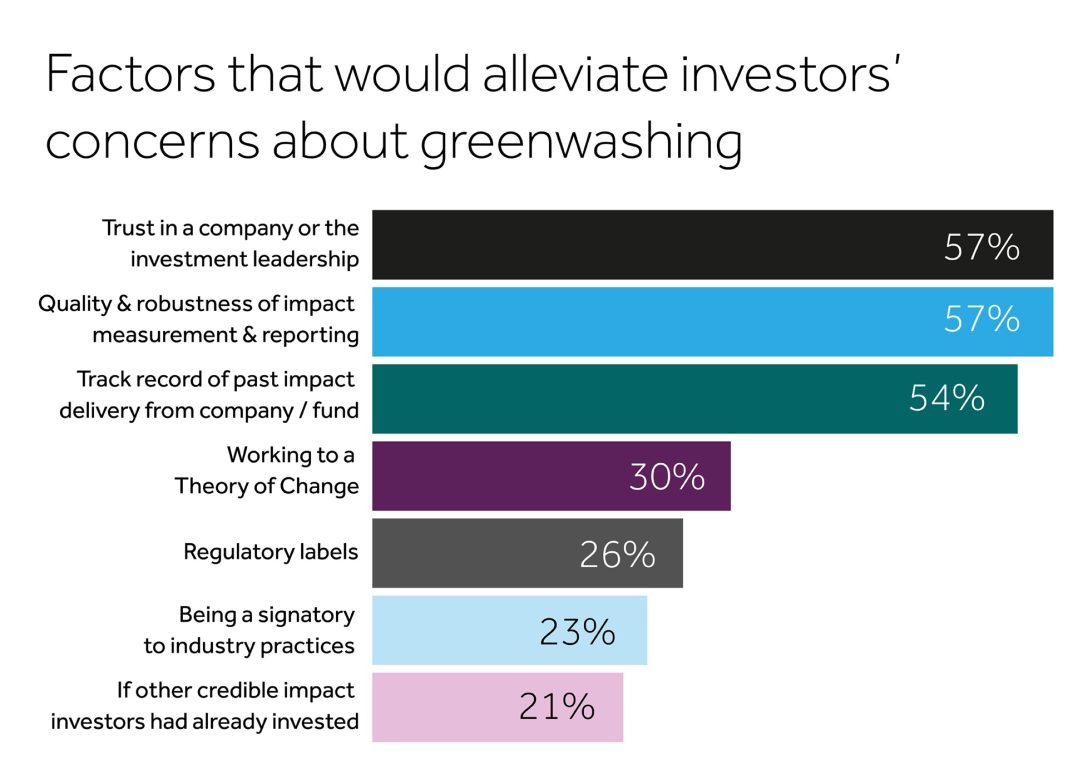 Disappointing Jobs Report Sparks Global Stock Market Sell-Off
Disappointing Jobs Report Sparks Global Stock Market Sell-Off
Introduction:
A disappointing U.S. jobs report on August 2nd triggered a global stock market sell-off, as weak employment data heightened investor concerns about an economic slowdown and drove them to seek safer assets. This article examines the impact of the jobs report on various markets and analyzes the reasons behind the sell-off.
Global Stock Market Reaction:
European stocks experienced their worst day in over a year, with the Stoxx Europe 600 Index dropping 2.7 percent, marking its largest decline in more than 12 months. Japan’s benchmark Nikkei 225 also suffered a significant points drop, plummeting 5.8 percent, the largest daily decline since the COVID-19 pandemic. Anxiety spread to Wall Street, where the Dow Jones Industrial Average fell 2.1 percent, the S&P 500 Index lost 2.30 percent, and the Nasdaq Composite dropped 2.43 percent.
Reasons for the Sell-Off:
The Bureau of Labor Statistics’ report revealed that the U.S. economy added only 114,000 new jobs in July, a significant slowdown from June’s 179,000 and well below economists’ expectations of 175,000. The report also showed the unemployment rate rising to 4.3 percent, its highest level since October 2021. These figures, combined with a separate report indicating a contraction in U.S. manufacturing activity, fueled fears of an economic deceleration.
Impact on Federal Reserve Policy:
The disappointing jobs report sparked discussions about the Federal Reserve’s interest-rate settings. Many investors believed that the Fed’s rates were too high, necessitating steeper rate cuts to prevent a recession. Yung-Yu Ma, Chief Investment Officer at BMO Wealth Management, expressed concern about the Fed falling behind the curve and suggested a 50 basis-point cut in September to catch up. Before the jobs report, markets anticipated a 22 percent chance of a 0.5 percentage-point cut, but after the data release, the odds surged to 74.5 percent.
Analysis and Insights:
Analysts pointed out that the weak jobs report gave investors a reason to take profits, leading to increased market volatility. Some experts cautioned that conflicting data made it challenging to predict if the report signaled an upcoming recession. Michael Purves, CEO of Tallbacken Capital Advisors, stated that investors should be prepared for major volatility, especially in big tech stocks. However, he believed that any volatility would likely be short-lived, as earnings reports have been relatively positive.
Looking Ahead:
While the U.S. corporate earnings season has been slightly better than expected, the upcoming week’s high-profile reports, including Disney and Uber, could potentially bring downside surprises and further impact jittery markets. Investors seeking safety shifted their focus to U.S. Treasuries, causing the yield on the benchmark 10-year Treasury to drop to 3.822 percent, the lowest level in about a year. Some experts viewed this decline in yields as a positive development, as it made bonds more competitive.
Conclusion:
The disappointing U.S. jobs report had a significant impact on global stock markets, triggering a sell-off and increasing concerns about an economic slowdown. The report’s implications for Federal Reserve policy and the upcoming earnings reports of major companies will likely continue to influence market volatility in the coming weeks. Investors seeking security turned to U.S. Treasuries, driving down yields. While the situation remains uncertain, the decline in bond yields presents a potential silver lining for investors.


